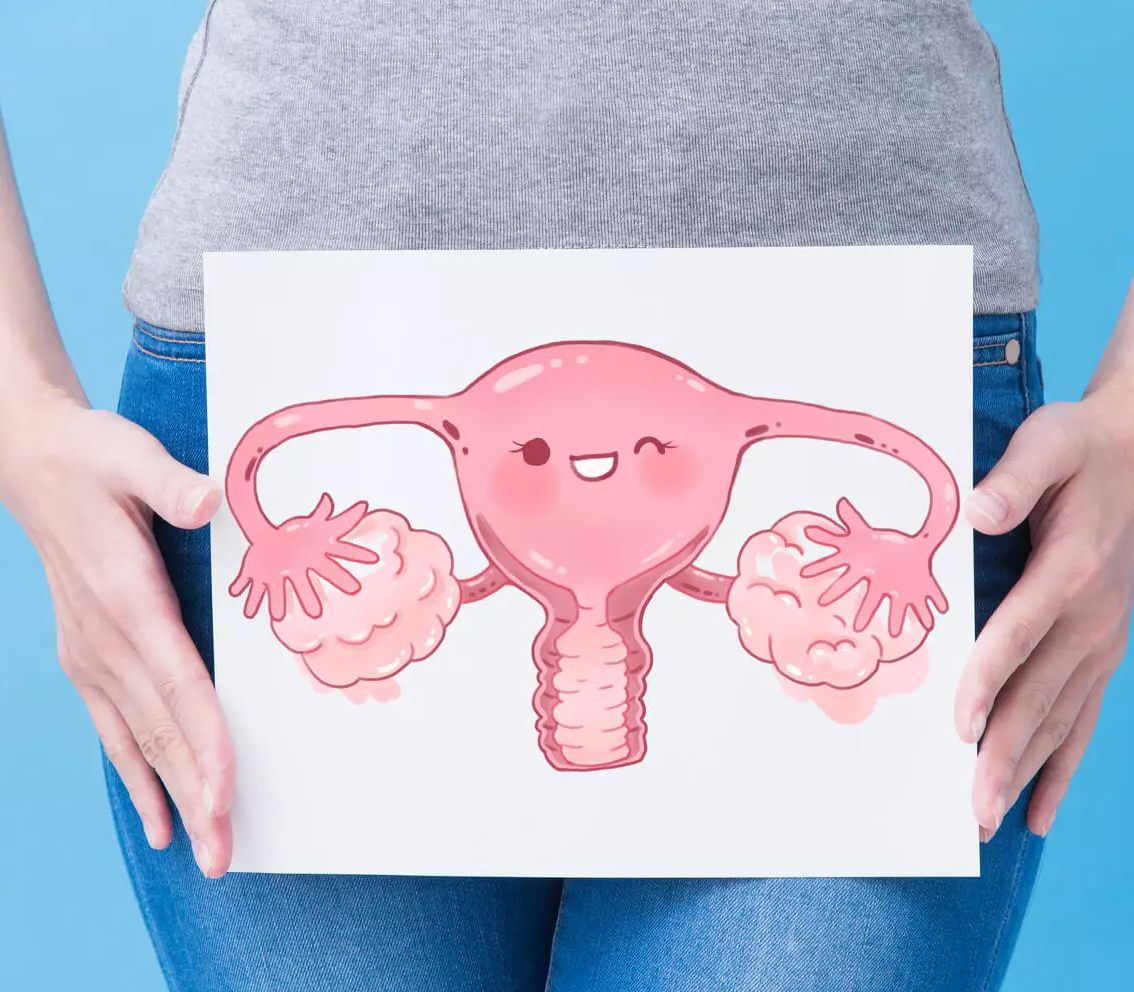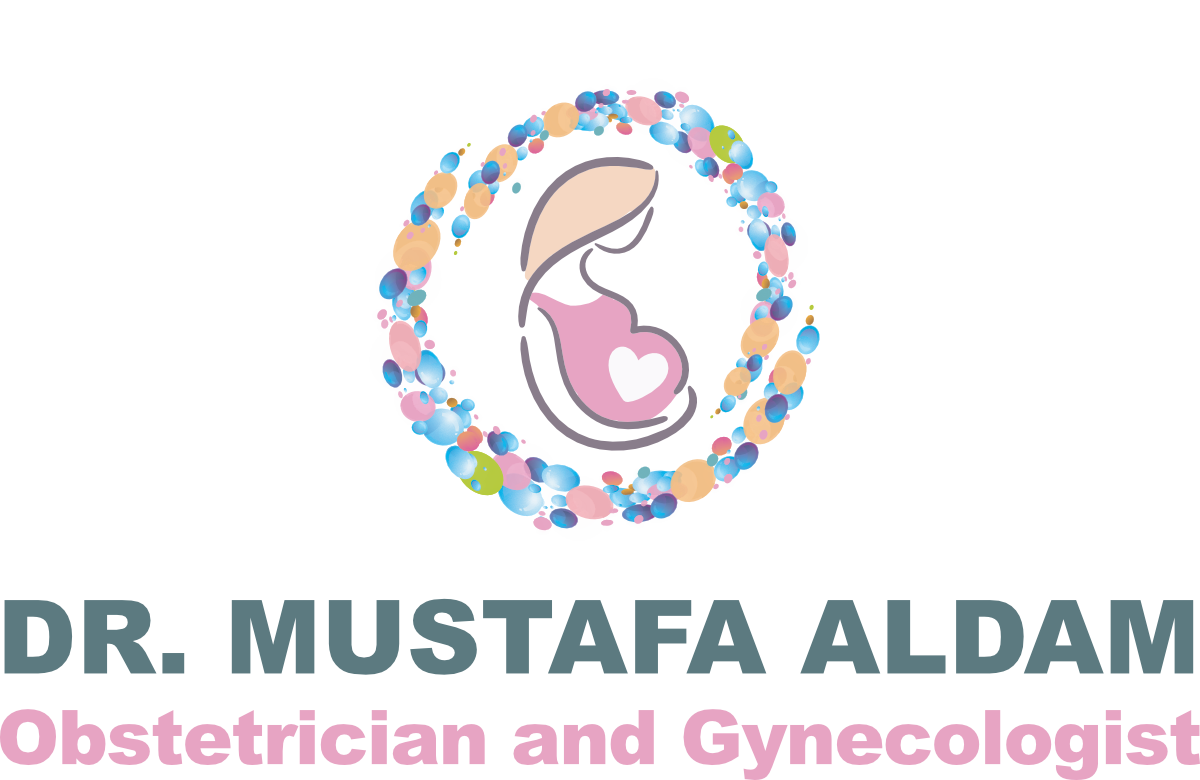Ovarian Cyst Treatment in Dubai
Overview
A female reproductive system is a complex mechanism. It is made up of many precise organs that need to sync well to make the entire reproductive system function appropriately. One such organ is the ovary which is probably one of the most crucial parts of this system. This part helps in forming eggs and secreting various hormones.
Sometimes, the ovary may develop certain sacs or cysts. Mostly these cysts are harmless. However, keeping track and getting regular checkups is important as these sacs can convert cancerous well.

What is an ovarian cyst?

Ovarian cysts are fluid-filled pockets (sacs) that frequently form in the ovary or on the ovary’s surface. Ovarian cysts are classified into several types. Ovarian cysts are common, but they usually go away on their own. Ovarian cysts do not always cause symptoms. You should be checked on a regular basis to see if you have any type of ovarian cysts. If an ovarian cyst twists, bleeds, or ruptures, it can cause complications. In severe cases, ovarian cyst removal surgery may be required to remove the cysts.
Causes of ovarian cysts
The causes of various types of ovarian cysts vary.
- Follicular cyst – This cyst forms when an egg does not hatch. It continues to grow within the ovary.
- Corpus luteum cyst – This type of cyst develops when the sac surrounding the egg fails to dissolve after the egg has been released.
- Endometrioma – Endometrium is a cyst filled with old blood and tissue resembling the uterine lining. Because of the dark color of the fluid within them, they are commonly referred to as chocolate cysts. They can occur in women who have endometriosis.
- Dermoid cysts – Dermoid cysts form from ovarian cells and eggs. They may contain hair, skin, teeth, bone, or fat. These cysts are common in women of reproductive age.
Other reasons:
- PCOS (polycystic ovary syndrome) is characterized by multiple cysts on the ovaries.
- Pregnancy
- Chlamydia (severe pelvic infection). This type of cyst is known as an abscess.
- Noncancerous tumors
- Cancer (rare)
Also Read: What size of ovarian cyst is dangerous?
Symptoms of ovarian cyst
- Sudden and sharp pain or pressure in lower belly
- Lower back or thigh discomfort
- Having difficulty completely emptying your bladder
- Weight gain due to sex pain
- Menstrual discomfort
- Breast sensitivity
- Abnormal vaginal bleeding
Also Read: What does ovarian cyst pain feel like?

Ovarian cyst treatment in Dubai
Dr. Mustafa Aldam is a highly experienced obstetrician and gynecologist. With his diverse expertise, he assists in the apt diagnosis and treatment of ovarian cysts. He conducts detailed diagnostic tests to determine the type of cysts. He regularly monitors any growing benign tumor during the treatment procedure through regular ovarian cyst treatment follow-up sessions. He may recommend the removal of the cyst in case it is a large, cancerous, or symptomatic cyst.
Besides all of the above, Dr. Mustafa is also an expert at performing Laparoscopic ovarian cystectomy in Dubai. If required, Schedule an appointment for an effective line of treatment.
Also Read: Understanding Ovarian Cyst Removal: How Soon Can You Get Pregnant After The Procedure?
FAQ's
Ovarian cysts are small, fluid-filled sacs that grow on the ovaries.
Most ovarian cysts develop due to hormonal imbalances during the menstrual cycle. Other causes can include endometriosis, polycystic ovary syndrome (PCOS), and pregnancy.
The symptoms of ovarian cysts can include pelvic pain, bloating, abdominal swelling, painful bowel movements, and changes in menstrual periods.
The ovarian cysts can be diagnosed through a physical exam, ultrasound, or other imaging tests.
Treatment options for ovarian cysts can include watchful waiting, medications, or surgery. The options mainly depend on the size and type of cyst, as well as the patient’s symptoms and medical history.
In some cases, ovarian cysts can cause infertility if they interfere with ovulation or damage the ovaries.
Some ovarian cysts can be cancerous, but most are not. A doctor can perform tests to determine if a cyst is cancerous.
The recovery time after ovarian cyst surgery varies depending on the type and extent of surgery. Still, most patients can return to normal activities within a few days to weeks.
During ovarian cyst surgery, the cyst is typically removed via a tiny incision in the abdomen or laparoscopic surgery. The specifics of the surgery will depend on the type and size of the cyst, as well as the patient’s needs.
Yes, ovarian cysts can recur after treatment, especially if the underlying cause is not addressed.
Prevention cannot be guaranteed, but maintaining a healthy weight, managing PCOS or endometriosis, and taking hormonal birth control can all help reduce the risk of developing cysts.
There is no concrete scientific proof to support the effectiveness of natural remedies for ovarian cysts, but some people may find relief through herbs, supplements, or lifestyle changes.
Of course, regular exercise and having a healthy weight can help reduce the risk of ovarian cysts.
A balanced diet rich in vegetables, fruits, whole grains, and protein can help manage ovarian cysts. Avoiding processed foods, added sugars, and excessive caffeine can also be beneficial.
Taking hormonal birth control can help prevent ovarian cysts from developing in some women.
If you experience persistent pelvic pain or other symptoms of ovarian cysts, you must schedule an appointment with your doctor for evaluation and diagnosis.
Traveling with ovarian cysts can be safe, but speaking with your doctor about any specific concerns or precautions you should take before traveling is essential.
Yes, ovarian cysts can cause changes in menstrual periods or other menstrual irregularities.
Ovarian cysts should be treated to avoid complications such as torsion, rupture, or cancer.
